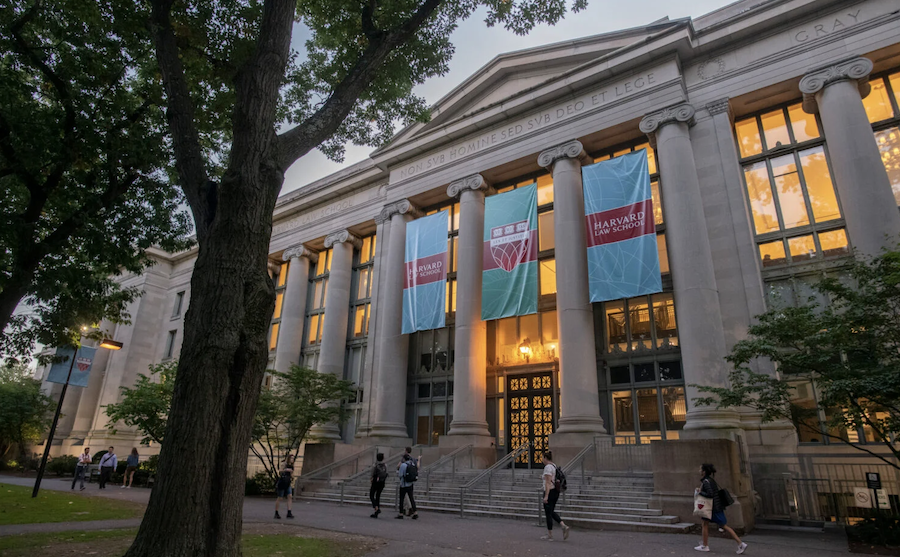South Africa has failed to protect locals from gold mine pollution: Harvard report

South Africa has failed to address the adverse environmental and health effects of more than 130 years of gold mining in and around Johannesburg, a new report from Harvard Law School shows.
According to its International Human Rights Clinic (IHRC) successive administrations including the current government have not complied with international law, reacting too slowly and doing too little to reduce the harm from abandoned and active mines near the capital.
“Gold mining has both endangered and disempowered the people of the West and Central Rand,” says Bonnie Docherty, senior clinical instructor at IHRC and the report’s leading author. “Despite some signs of progress, the government’s response to the crisis has been insufficient and unacceptably slow.”
Experts say the country has not complied with international laws, reacting too slowly and doing too little about the polluting effects of 130 years of gold mining near Johannesburg.
The 113-page report documents the threats posed by water, air, and soil pollution from mining in the West and Central Rand.
Contamination of ground and surface water from acid mine drainage as well as toxic dust and soil from mine dumps have exposed residents living around the mines and on the waste dumps to high concentrations of heavy metals and radiation, says the report.
Such combination of threats, it adds, can contribute to immediate and long-term medical problems ranging from asthma and skin rashes to cancer and organ damage.
While mining waste accumulated over decades cannot be eliminated overnight, the study says, greater efforts could be made to suppress toxic dust and to remove or buffer communities from contaminated environments.
Suggested measures include cleaning up polluted areas, free health screenings, ensuring water treatment plants are adequate to prevent decanting, monitoring degrees of contamination and improving control of run-off and seepage from tailings dams.
“The government should act immediately to address the ongoing threats from gold mining, and it should develop a more complete solution to prevent future harm,” Docherty says. “Only then will South Africa live up to the human rights commitments it made when apartheid ended.”
Earlier this year, the country’s Water Ministry said it was planning to charge mining companies about 67% of the cost for cleaning up toxic water pollution caused by their century-long operations in Gauteng, the country’s richest province which includes Johannesburg, also known as “City of Gold”.
IHRC’s document is based on three research trips to the region and more than 200 interviews with community members, government officials, industry representatives, civil society advocates, and scientific and legal experts.
More News
{{ commodity.name }}
{{ post.title }}
{{ post.date }}




3 Comments
JReay
Who cares when there’s money to be made?
The Real John Smith
WesTech Engineering is located right in Johannesburg, they are the leading experts in mine waste remediation and acid mine drainage clean-up. Sounds like someone should be giving them a call.
Gary
Harvard law school? Come all the way across the world for this, surely there must be this type of thing in their own backyard?